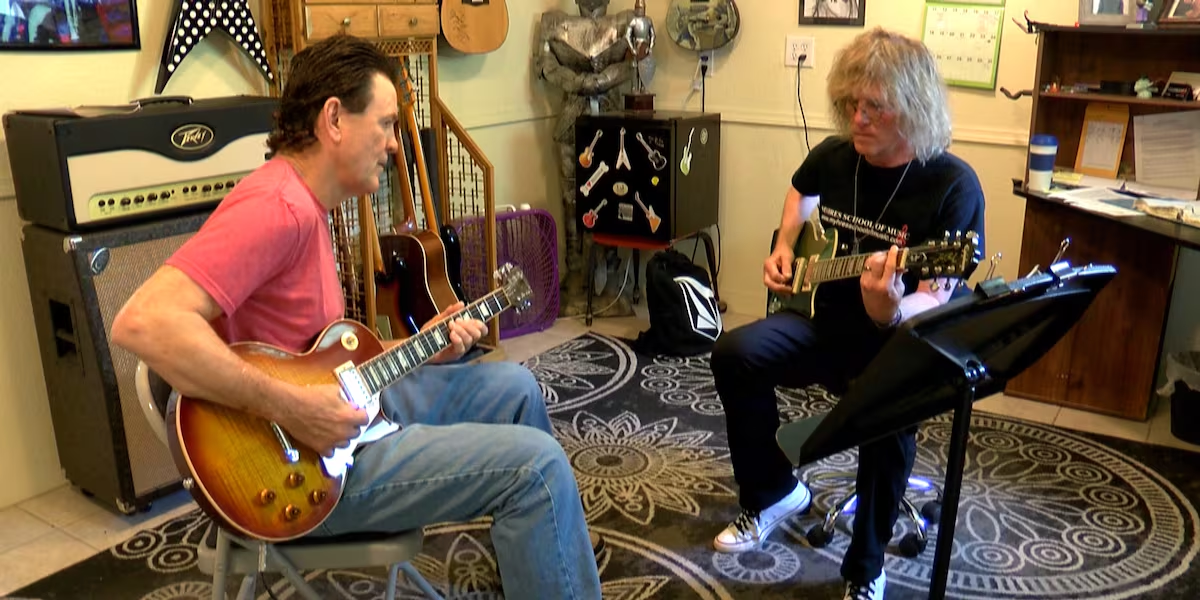As a Ph.D. student living with bipolar disorder, I have learned to view my sensitivity, often seen as a weakness, as a source of strength. Four years ago, my mentor in medical school told me she wouldn’t recommend me for my Ph.D. application because I was ‘too sensitive.’ This comment struck me deeply and left me questioning my abilities and future. It felt like a rejection of my core self, and the doubt has lingered.
My journey through medical school was challenging. After six years of intense study, I graduated unaware of how much my mental health had declined. I quickly enrolled in a Ph.D. program abroad, eager to merge my passion for medicine with research. However, the transition was overwhelming. I faced anxiety that clouded my focus and made tasks feel insurmountable. Simple procedures, like pipetting or handling lab animals, became sources of distress. I frequently woke up in the night fearing I had left the cell incubator open, despite checking it multiple times.
The pressure mounted until I reached a breaking point. I decided to switch labs, which forced me to confront my mental health issues seriously. In my second year of the program, I sought help and received a diagnosis of bipolar II disorder. This diagnosis was pivotal; it helped me understand the challenges I faced and the importance of managing my mental health in a demanding academic environment.
Sensitivity is now an integral part of my identity. While science should be exciting, every new experiment brought waves of stress and self-doubt. I often immersed myself in research to the extent that deadlines slipped away. People perceived my struggles as procrastination, often urging me to ‘toughen up.’ This culture made me feel I had to hide my difficulties, sometimes pretending to be fine when I was not.
After beginning treatment, I experienced newfound stability for the first time. However, in October 2023, conflict erupted in Israel, where I was studying. Faced with air raid sirens and drone activity, I chose to return to Serbia. Unfortunately, my home country presented its own struggles; as a queer person, I felt unsafe and unseen, which disrupted my mental health once more. Realizing I could not stay, I relocated to Denmark, where I could pursue my Ph.D. in a more supportive environment.
Since arriving in Denmark, I have taken practical steps to make my academic journey more manageable. Following a friend’s advice, I document my experiments through photos and videos to alleviate the stress of taking perfect notes. I have learned to accept constructive criticism without taking it personally. I consistently take my medication and reach out for help when necessary. Most importantly, I advocate for myself by communicating with my supervisors about my challenges.
My mentor’s comment about sensitivity still lingers in my thoughts, especially during hard times. Occasionally, I question if she was right. Over time, however, I have reframed my sensitivity as an asset. It fuels my empathy, which is essential for my future role as a physician. My experience with a chronic condition has reinforced my belief that patients need doctors who blend scientific rigor with compassionate care.
The high-pressure environment of academia is particularly challenging for individuals like me, but I have grown stronger through learning how to prioritize my well-being while pursuing my passion. My mental health struggles have taught me to regularly check in with myself, respect my limits, and allow for emotional expression in a field that often dismisses it. This journey has transformed my perceived weaknesses into strengths that enhance both my personal growth and my future contributions to medicine.



